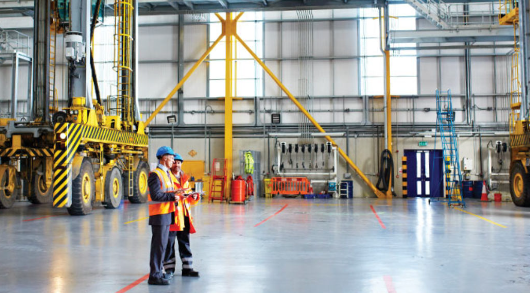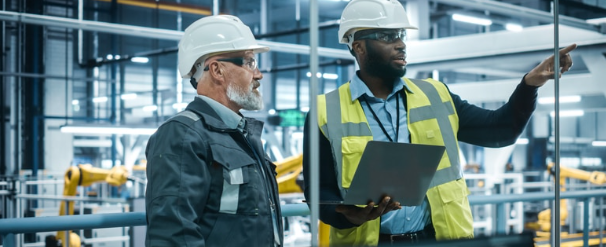Should you lease or buy factory equipment?

Whether a business buys or leases equipment is a question often considered during the startup phase, with both options having their advantages and disadvantages.
Whereas purchasing equipment has a higher initial outlay, the equipment is a tangible business asset that is yours for the lifespan of the product.

Considerations
Will purchasing new equipment outright make such a dent in the finances of the business that it will detrimentally affect other areas of operations?
How does having the best equipment on the market affect sales and profitability?
How will your business manage the maintenance of the equipment?
How often will the equipment become outdated?
Will you need to replace the equipment at the end of its lifespan?
Suppliers
Factory equipment is often upgraded with the introduction of new technology. It is quicker, easier and cheaper to modify equipment you already own than take on a new lease for every development.
Many specialist suppliers of machinery offer the option of purchasing new or used models, giving businesses a more purse-friendly option.
Some suppliers specialise in one-off, state-of-the-art equipment, such as Roscamat electric tapping machines. With its specialist functionalities and the commercial benefits that come with it, it makes financial sense to purchase the equipment rather than pay for what would be a potentially more expensive lease over a period of time. Equipment such as Roscamat electric tapping machines would produce higher output and increase the quality of service, making it a worthwhile and arguably essential purchase.
For more information on suppliers of high-quality machinery to the fabrication and metal sheeting industry, contact a specialist such as cotswold-machinery-sales.co.uk/roscamat-tapping-machines/electric-tapping-machines/roscamat-tiger-electric-tapping-machine/.

Businesses should aim to outright own any piece of equipment that would completely halt production and operations if they were to be without it.
